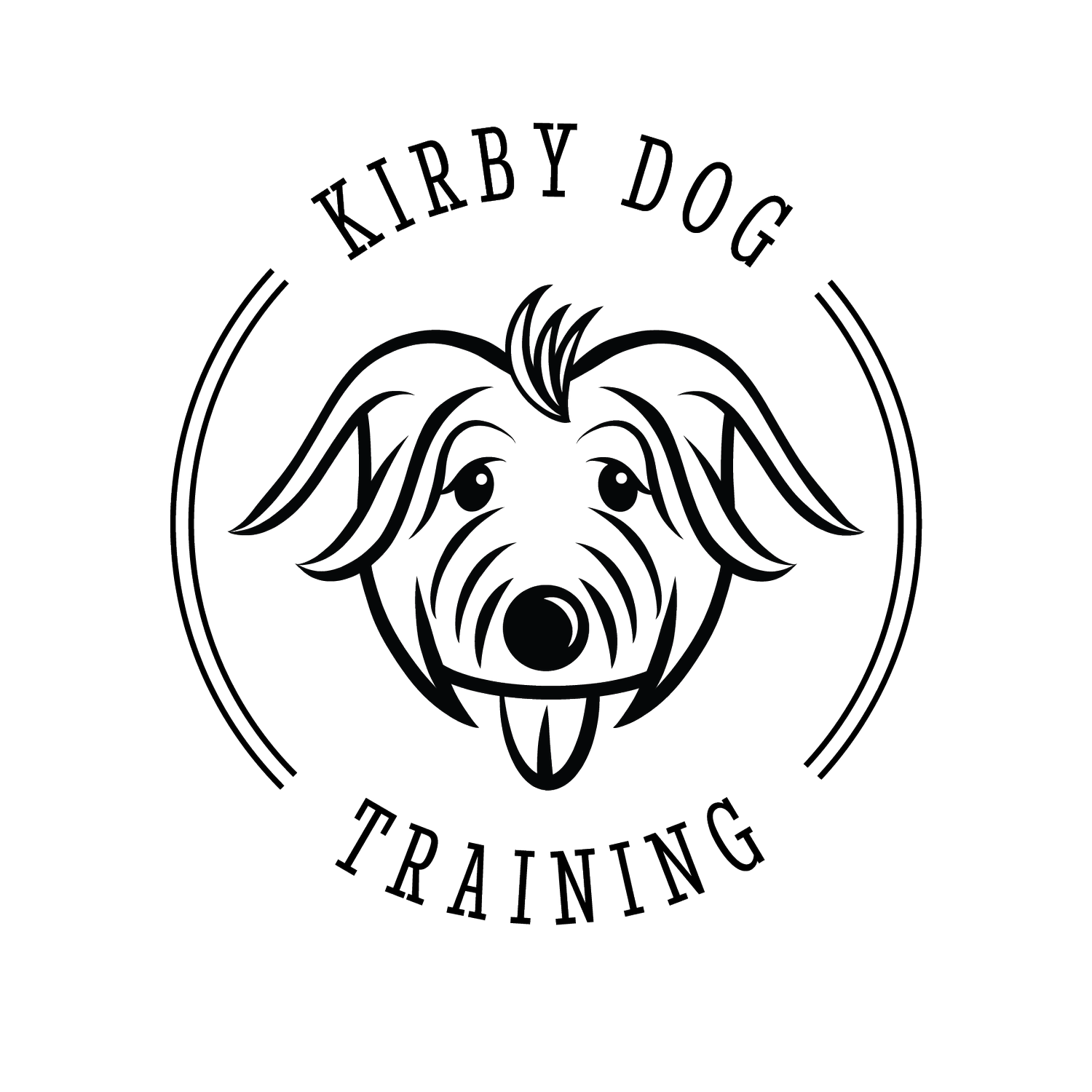Best Tips for Toilet Training, Socialisation, and Crate Training
Puppy Training: Toilet Training, Socialisation, and Crate Training
Introduction
Welcoming a new puppy into your home is an exciting and joyful experience. However, it also comes with its set of challenges. Effective puppy training is crucial for ensuring your furry friend grows into a well-behaved and happy dog. In this guide, we will cover three essential aspects of puppy training: toilet training, socialisation, and crate training. These foundational skills will set the stage for a harmonious relationship between you and your puppy.
Toilet Training Your Puppy
What is Toilet Training?
Toilet training, also known as potty training, is the process of teaching your puppy to relieve itself in designated areas outside your home. This is one of the first and most important training tasks for new puppy owners.
Steps to Housebreak Your Puppy
Establish a Routine: Take your puppy outside at regular intervals, such as first thing in the morning, after meals, and before bedtime.
Choose a Spot: Designate a specific spot in your garden for your puppy to use as their bathroom. Consistency helps them understand where to go.
Positive Reinforcement: Praise and reward your puppy immediately after they relieve themselves outside. This reinforces good behaviour.
Supervision: Keep a close eye on your puppy indoors. If you see signs they need to go (circling, sniffing), take them outside right away.
Accidents Happen: If your puppy has an accident indoors, clean it up thoroughly to remove the scent. Avoid scolding, as it can create fear and confusion.
Socialisation for Puppies
What is Socialisation?
Socialisation involves exposing your puppy to a variety of people, places, and experiences. Proper socialisation is critical for preventing behavioural problems and ensuring your puppy grows into a well-adjusted adult dog.
How to Socialise Your Puppy
Start Early: Begin socialisation as early as possible, ideally between 3 and 14 weeks of age.
Positive Experiences: Make sure all new experiences are positive. Use treats and praise to create a positive association with new stimuli.
Variety of People: Introduce your puppy to people of different ages, genders, and ethnicities. Include people wearing hats, sunglasses, and uniforms.
Different Environments: Take your puppy to different places such as parks, busy streets, and quiet areas. This helps them become comfortable in various settings.
Other Animals: Supervised interactions with other puppies and friendly dogs are essential. Puppy classes are a great way to facilitate these interactions.
Crate Training Your Puppy
What is Crate Training?
Crate training involves teaching your puppy to view their crate as a safe and comfortable space. It can aid in housebreaking, prevent destructive behaviour, and provide a secure area for your puppy when you're not home.
Steps to Crate Train Your Puppy
Choose the Right Crate: Select a crate that is large enough for your puppy to stand, turn around, and lie down comfortably.
Make it Inviting: Place a soft blanket and a few toys inside the crate. Leave the door open initially and encourage your puppy to explore it voluntarily.
Gradual Introduction: Start by feeding your puppy their meals near the crate. Gradually move the food dish inside the crate.
Short Periods: Close the crate door for short periods while you’re home. Gradually increase the duration as your puppy becomes more comfortable.
Consistency: Use the crate regularly but never as a punishment. Ensure your puppy associates the crate with positive experiences.
Conclusion
Training your puppy in toilet training, socialisation, and crate training is essential for their development and your peace of mind. Consistency, patience, and positive reinforcement are key to successful puppy training. By following these guidelines, you'll help your puppy grow into a well-behaved, confident, and happy dog.
For more tips and professional guidance, consider working with us and enquire here.
